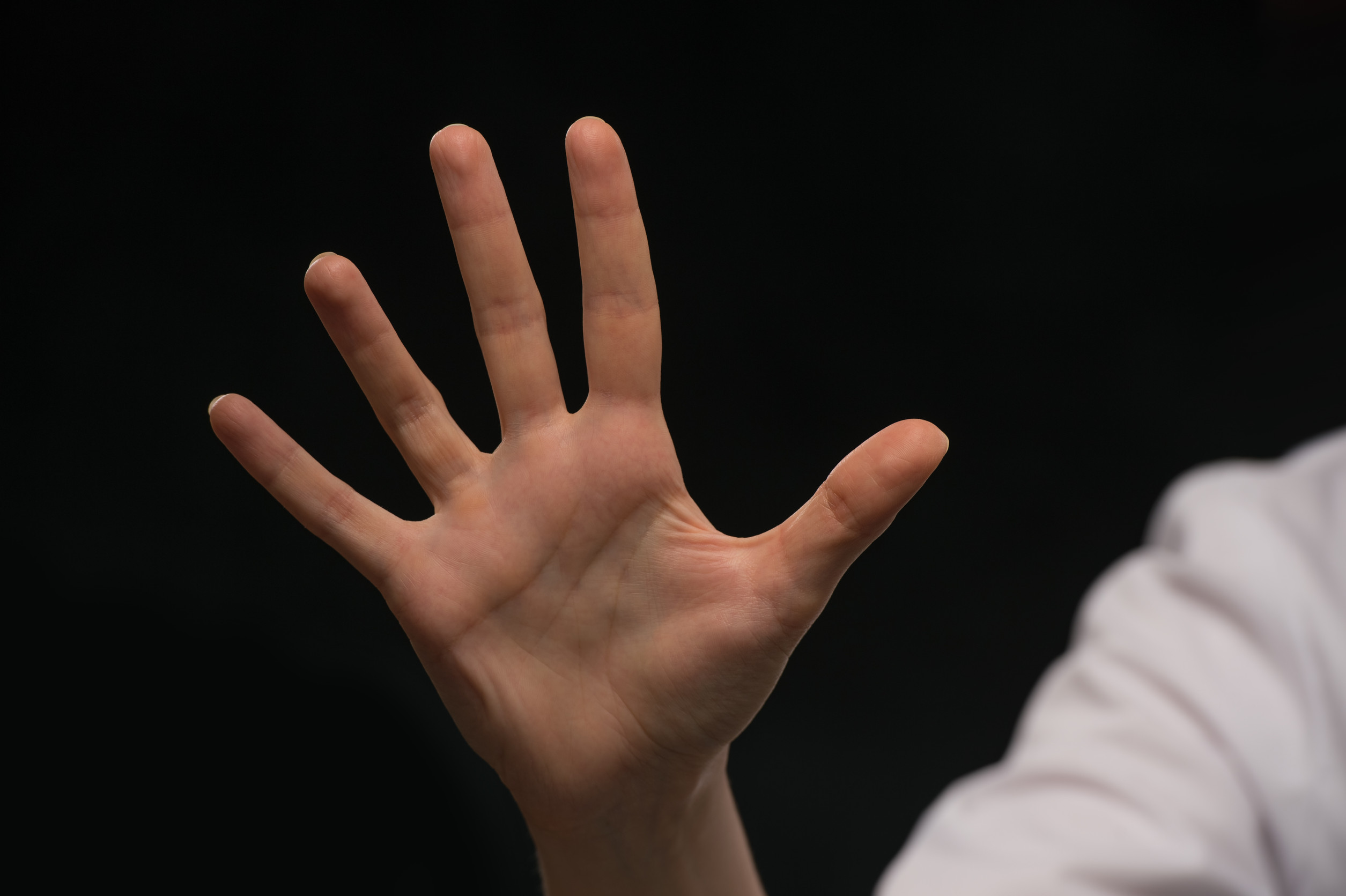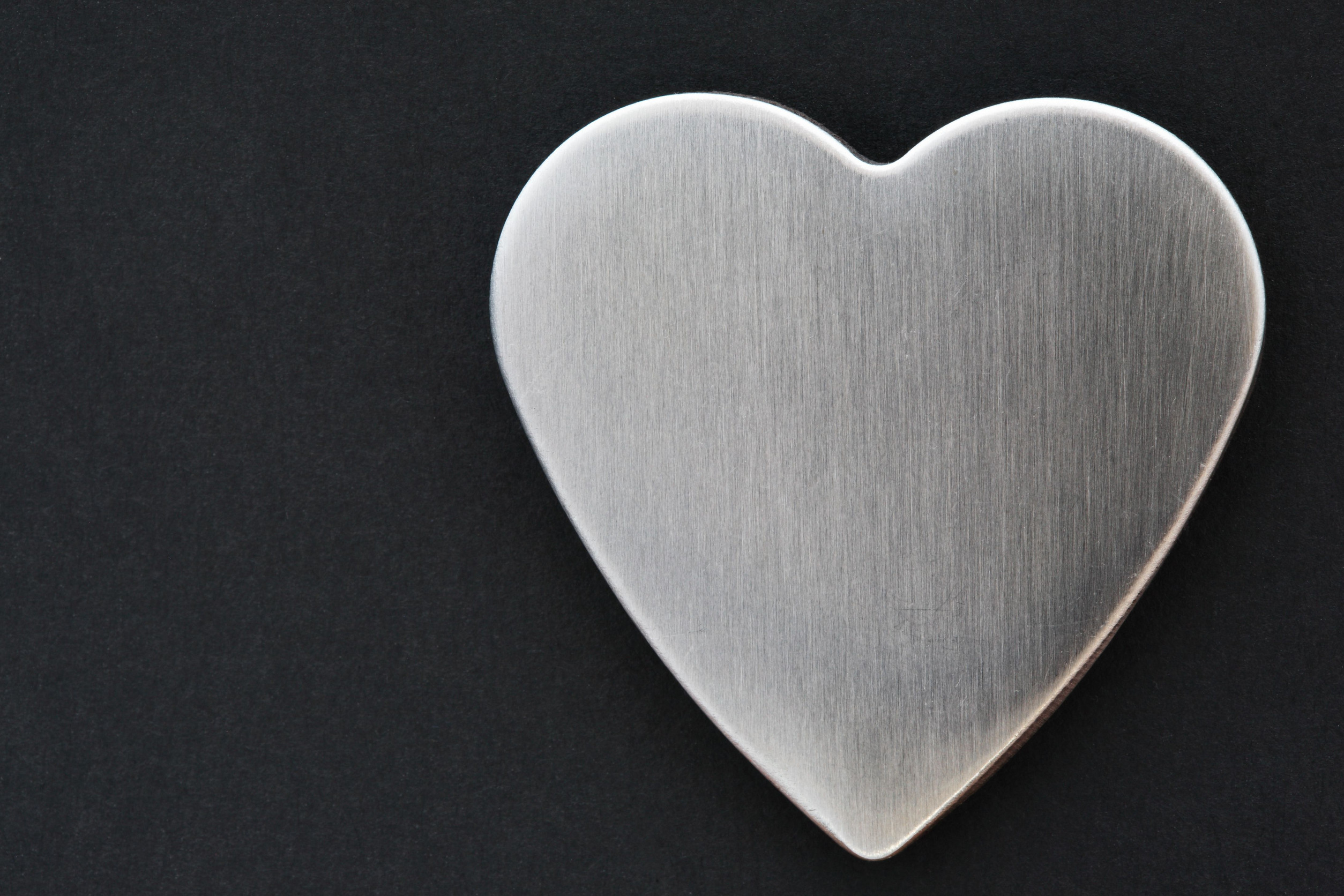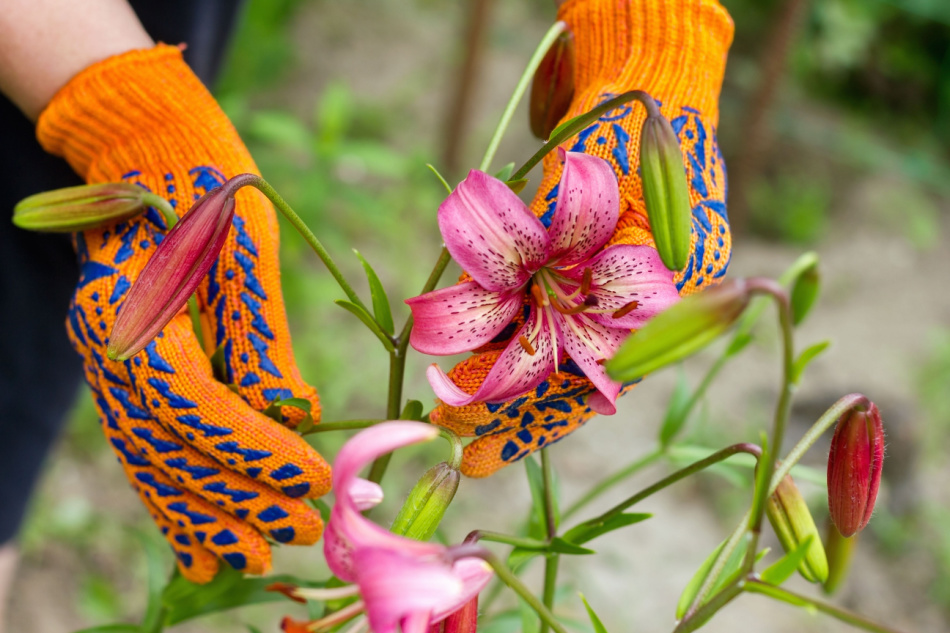We’re as concerned as you are when it comes to coronavirus, and that’s exactly why our eyes are laser-focused on possible solutions for this infection. That takes us to Takeda, a Japanese pharmaceutical company that is using the blood plasma of people who’ve already fully recovered from COVID-19 in order to make a cure.
When an antigen — a bacteria or a virus, such as SARS-CoV-2 — enters the body for the first time, the immune system responds by producing an antibody, a protein designed to bind to that specific antigen. This lets other cells in the immune system know to destroy the intruder. After the body completely clears out the antigen, the antibodies for it remain in the body. If that specific antigen ever invades again, the immune system can react to it even more quickly — it doesn’t have to go through the process of producing the antibody from scratch again.
Antibodies can be found in blood plasma, the liquid part of blood. More than a century ago, during the Spanish flu pandemic, researchers realized that injecting plasma from someone who’d recovered from the flu improved the likelihood that a person with a severe case would survive.
Takeda has been developing plasma-based products for more than 75 years, and on March 4, it announced plans to test whether doctors could use any of its existing products to treat COVID-19 patients. It also said it plans to begin developing TAK-888, a new plasma-based therapy designed specifically to address the novel coronavirus.
To that end, Takeda is now looking to source blood plasma from coronavirus survivors and discussing how best to expedite the development of TAK-888 with health officials in the U.S., Asia, and Europe.











